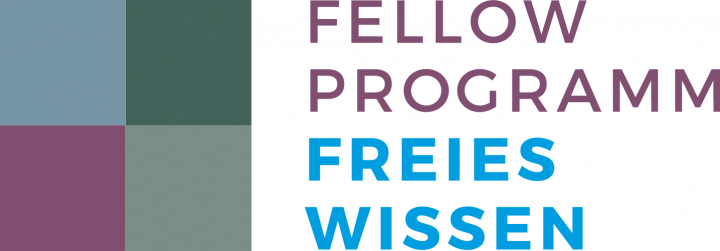In recent years, a large variety of forms science communication have become established: from classic science festivals and citizens‘ conferences to “real laboratories” and citizen science projects. Knowledge production and communication are growing together and becoming more transdisciplinary, whether under the term Open Science or Responsible Research and Innovation. A new understanding of public participation or knowledge co-production is emerging. At the same time, one question has hardly been addressed so far: To what extent are the claims of openness actually being realized? Which population groups do these (new) forms reach? Who actually participates? Previous work has shown a considerable need for action and research in this area.

In the research project „Science for All“, a first overview of underserved / not-reached groups or rather exclusion factors could be identified. Furthermore, science communication pilot projects were conducted with three exemplary groups, where their perspectives were addressed in depth and science communication formats were developed and implemented in a participatory approach.
For the research project as well as for this module in the Lernraum Freies Wissen I would like to emphasize, that I as the author (Philipp Schrögel) am writing from an in almost all aspects privileged* (see also below) position. I do not intend to take away the perspectives of other groups and their voices. I am trying to compile – on a meta level – the diversity of groups and aspects of exclusion and provide links and suggestions for reaching out and working with individuals and groups as well as to collect examples of voices, texts, videos from diverse researchers, activists and engaged persons to further engage with the topic in its breadth and heterogeneity. The overview of the exclusion factors is meant as a very first starting point for researchers but especially science communication practitioners to become aware of the variety of exclusionary effects and start reflecting on and changing science communication practices – in cooperation and exchange with the communities in the respective context and surrounding. I encourage everyone to leave additional suggestions, links, perspectives, feedback or criticism here in the module.
Furthermore, the module was developed with the different aspects of accessibility in mind. However, with the available resources not every aspect could be addressed (for example the lack of multiple translations. English as chosen language is internationally most accessible, but of course not everybody is able to read or speak English.)
–
